
Community Psychoanalysis Concentration
The Community Psychoanalysis Concentration (CPC) is a generative, experimental project that convenes clinicians, scholars, and community leaders—from BPSI and other communities—to think and learn together about the intersection of psychoanalysis and community life/work/action.
BPSI’s CPC aims to explore the question: What can we create as a field today if we, a psychoanalytic community, embrace engagement with other communities and let ourselves interdepend and spend time together intentionally?
We began working in 2022, bringing together our first cohort of 12 individuals. Our CPC participants are a diverse and talented group of clinicians and scholars with varied experience and connections to organized psychoanalysis who have overlapped with populations impacted by different trauma experiences and bring new perspectives and voices into the field. We are learning that our ideal soil for the CPC includes BPSI members from across the institute—fellows, candidates, psychotherapists, and psychoanalysts—together with local community mental health practitioners, academics, and participants from more atypical fields. Many of the participants have international connections.
We meet twice a month over Zoom, alternating between Article/Topic Conversation (ATC) meetings and Balint groups.
For the ATC meetings, we invite national and international faculty with ideas about and experiences of working psychoanalytically with community issues. For the Balint groups, a participant shares a situation they are wrestling with at the moment and, after a brief presentation, steps back while the group takes the situation on, reflecting on and associating to the problem without advising or supervising, and instead working together to generate novel ideas that could lead to meaningful actions.
As we have listened to the experiences of the first cohort, we have decided to adapt the program into a three-year opportunity, with two years of alternating ATC and Balint groups and a final year for a personal project.
Cohorts meet twice a month on Zoom, Fridays from 10:30 am – 12:00 pm. Participation in the CPC is fully “scholarshipped” by BPSI.
A Steering Group of community practitioners from BPSI and the community mental health field offers ongoing practical support and feedback, as well as an Advisory Group of psychoanalysts and psychoanalytic psychotherapists with experience in community work, who offer guidance and can serve as mentors to 3rd-year participants working on personal projects.
If you want further information about the program, please get in touch with CPC Co-Directors Paola Contreras, PsyD, and Jane Keat, PsyD.
Next accepting applications in the Spring of 2025
Meet our Co-Directors
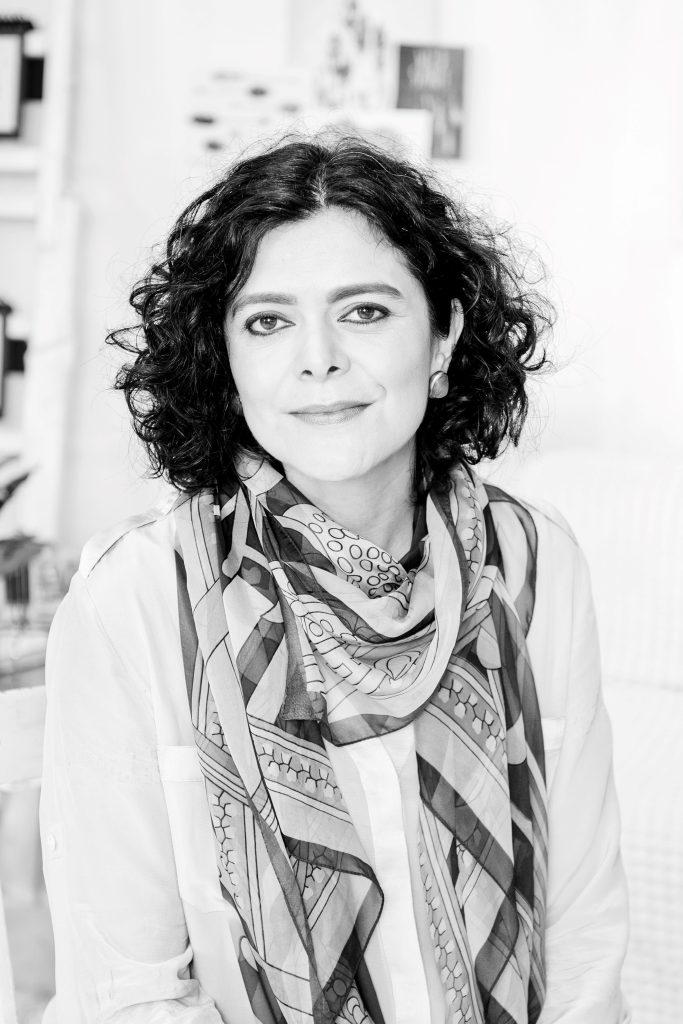
Paola M. Contreras, PsyD, is a psychoanalyst and psychologist deeply interested in the connections between the social, community, and psychoanalysis. Her career started with her work with different communities impacted by the Guatemalan Civil War, where she trained as a psychologist and was an active member of a local Lacanian study group. Her interest in social issues and psychoanalysis persisted after she moved to the United States, where she trained as a psychologist and a psychoanalyst. She is an Associate Professor at William James College, where she directs the Human Trafficking Community Research Hub. At BPSI, in addition to her role as co-director of the CPC, she co-chairs the Institute’s Community Division and co-instructs a class on Jean Laplanche’s work in the Exploration In the Mind program. She has a private practice in Cambridge, MA.
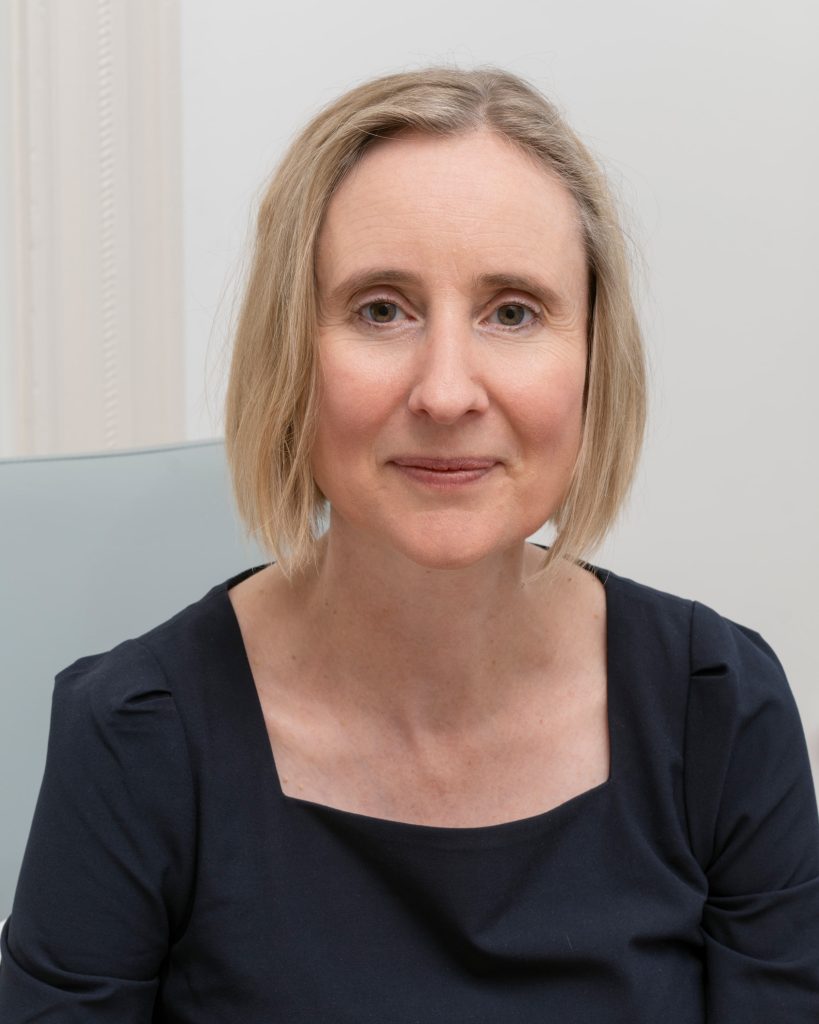
Jane E. Keat, DPhil, PsyD, is a clinical psychologist, psychoanalyst, and organizational consultant based in Athens, GA. Jany completed a doctorate in Czech literature in the UK before immigrating to the United States and working in grant writing and program development for human service organizations. She then trained as a psychologist and worked in community mental health settings with a focus on psychosis and complex trauma. Now, in addition to her private practice, Jany provides consultation to human service organizations around clinical systems and organizational resiliency. Related to the goal of developing a community psychoanalysis, her interests lie in the impact of social and historical realities on individual and community mental health, societal neglect of human service workers, group and organizational dynamics, and the sociopolitical in psychotherapy.
Meet our CPC Visiting Faculty
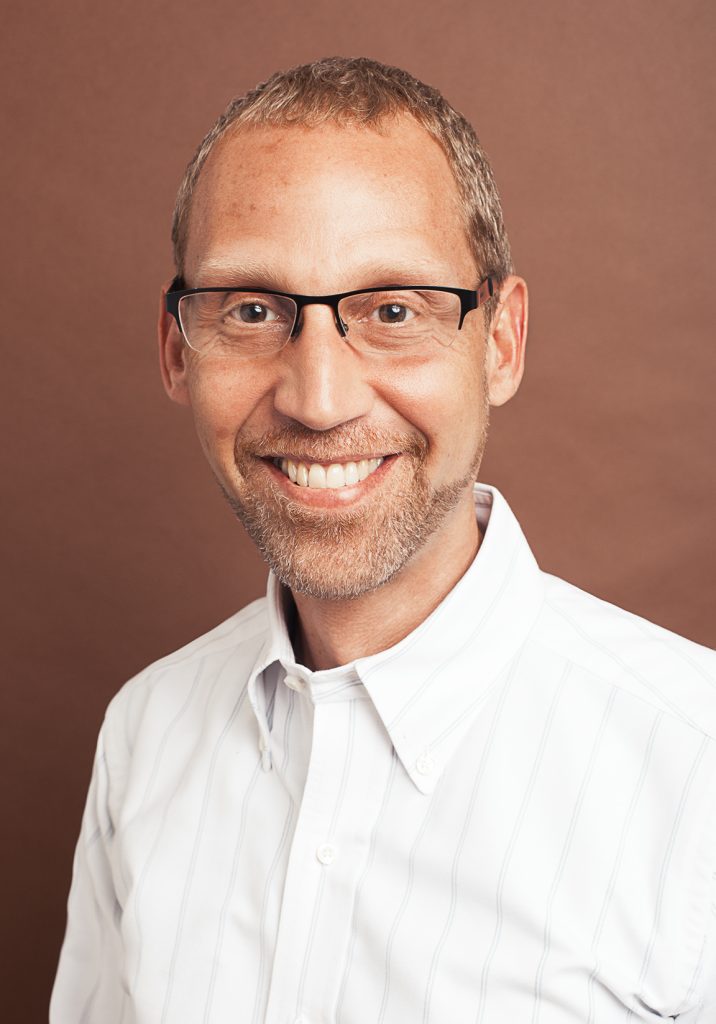
Karim G. Dajani, PsyD, is a clinical psychologist and psychoanalyst with a specialization in working with issues related to cultural dislocation and displacement. His research and writing include publications on the links between cultural systems and the unconscious of individuals and groups. He sits on the editorial board of the International Journal of Applied Psychoanalytic Studies. His recent works include a special issue dedicated to the social unconscious and an upcoming chapter on race and ethnicity in contemporary psychoanalytic theories and praxis that will appear in the next edition of the textbook on Psychoanalysis.
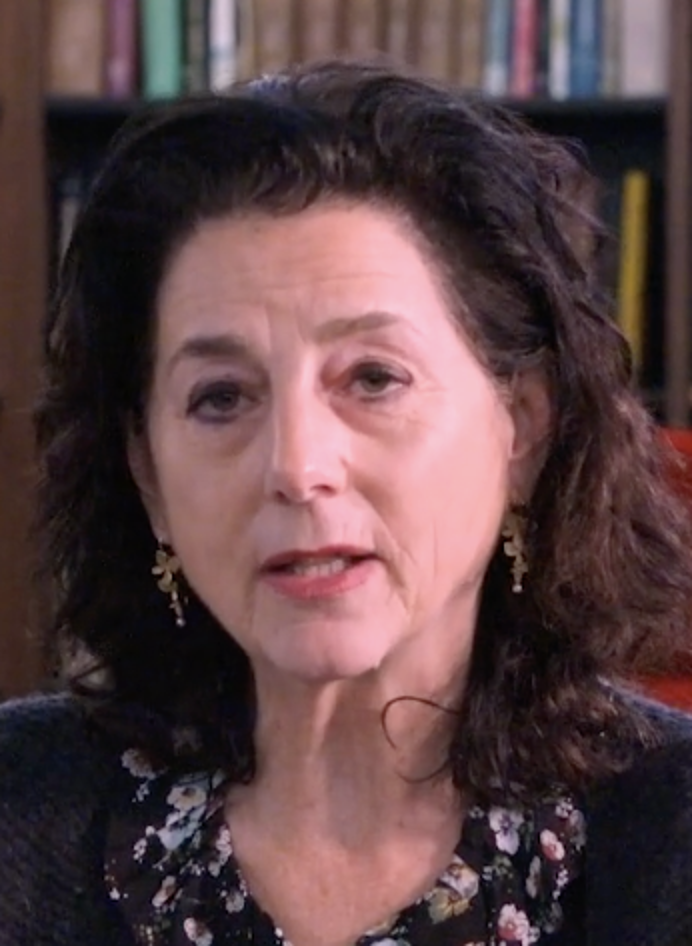
Ann Epstein, MD, is committed to the application of psychodynamic principles to clinical work with parents and young children. She is a founding faculty member of the Infant Parent Training Institute at JF&CS, and has helped to train clinicians in infant mental health for more than twenty years. Dr. Epstein is a psychoanalyst and faculty member at the Boston Psychoanalytic Institute. She has been involved in teaching and supervising residents and fellows at Harvard Medical School for more than thirty years. She practices child and adult psychiatry in Cambridge.
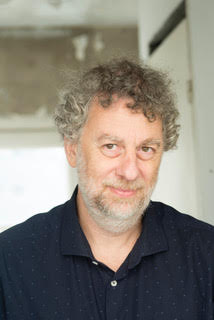
Daniel Eduardo Feierstein, PhD, holds a degree in Sociology and a PhD in Social Sciences from the University of Buenos Aires, Argentina. He is currently Head Professor at the Chair of Genocide, in the School of Social Sciences, University of Buenos Aires and he is also Head Professor at the National University of Tres de Febrero, where he has founded the Center for Genocide Studies in 2007. Feierstein was President of the International Association of Genocide Studies (IAGS) from 2013 to 2015 and has been Judge of the Permanent People´s Tribunal in the cases of Sri Lanka (2010 and 2013), México (2014), Myanmar (2017) and Colombia (2021). He has published several books. Some of them have been translated to English including Genocide as Social Practice: Reorganizing Society under the Nazis and Argentina´s Military Juntas (Rutgers, 2014), The Social and Political Representations of the COVID-19 Crisis (Routledge, 2022) and Memories and Representations of Terror: Working through Genocide, Volume I (Routledge, 2023).
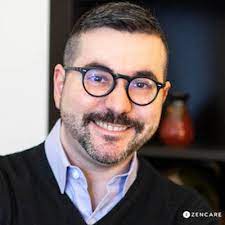
Daniel José Gaztambide, PsyD, is the assistant director of clinical training in the Department of Clinical Psychology at the New School for Social Research, where he is also the director of the Frantz Fanon Center for Intersectional Psychology. Originally from Puerto Rico, he is a practitioner in private practice and a psychoanalytic candidate at the NYU-Postdoctoral Program in Psychotherapy and Psychoanalysis. He is the author of the book, A People’s History of Psychoanalysis: From Freud to Liberation Psychology, and was featured in the documentary Psychoanalysis in el Barrio. Dr. Gaztambide’s scholarship centers on psychoanalysis and Liberation Psychology, race, class and culture in psychodynamic psychotherapy, Puerto Rican racial identity and colonialism, comparative approaches to psychoanalysis, psychotherapy integration, and the psychology of religion.
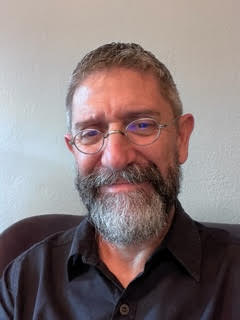
Francisco J. González, MD, is Personal & Supervising Analyst, Community Psychoanalysis Supervising Analyst, and Faculty at the Psychoanalytic Institute of Northern California (PINC), where he also helped found and serves as Co-Director of the Community Psychoanalysis Track. He is on the faculty of the NYU Postdoctoral Program in Psychoanalysis and a Supervising Analyst at the Massachusetts Institute for Psychoanalysis. His has been the recipient of the Symonds Award, the Ralph E. Roughton Paper Award, and co-recipient of the JAPA Award for the Best Published Paper 2019 and was named a 2023 Distinguished Psychoanalytic Educator by IFPE. He serves on the editorial boards of Psychoanalytic Dialogues, JAPA, and Parapraxis, and on the Holmes Commission on Racial Equality in the American Psychoanalysis. He practices privately in San Francisco and Oakland and in the public domain at Instituto Familiar de la Raza in San Francisco.
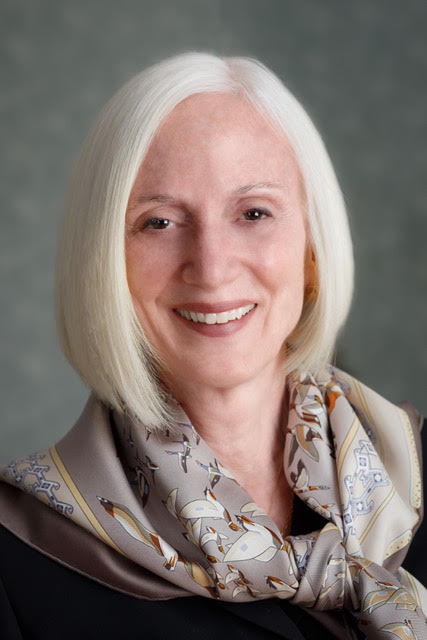
Alexandra Murray Harrison, MD, received her B.A. and M.D. at Harvard University. She is a Training and Supervising Analyst at the Boston Psychoanalytic Society and Institute in Adult and Child and Adolescent Psychoanalysis, an Associate Professor of Psychiatry Part Time, Harvard Medical School, at the Cambridge Health Alliance, and Core Faculty of the Early Relational Health Program at University of Massachusetts Chan School of Medicine. Following her participation in the Boston Process of Change Study Group, Dr. Harrison continued her collaboration with infant researcher colleagues–in particular, Ed Tronick and Beatrice Beebe– to further her understanding of the processes of change in both typical development and psychoanalysis. She has studied infancy at the Brazelton Institute, becoming a Newborn Behavior Observation trainer. In 2017, Dr. Harrison co-founded a non-profit, Supporting Child Caregivers, that offers training in infant parent mental health to child caregivers throughout the world, particularly in low resource, high risk communities. Dr. Harrison has co-authored a book on autism and published articles on numerous topics, including play therapy and therapeutic change. Dr. Harrison has lectured extensively in the U.S., Europe, Asia, and Central and South America.
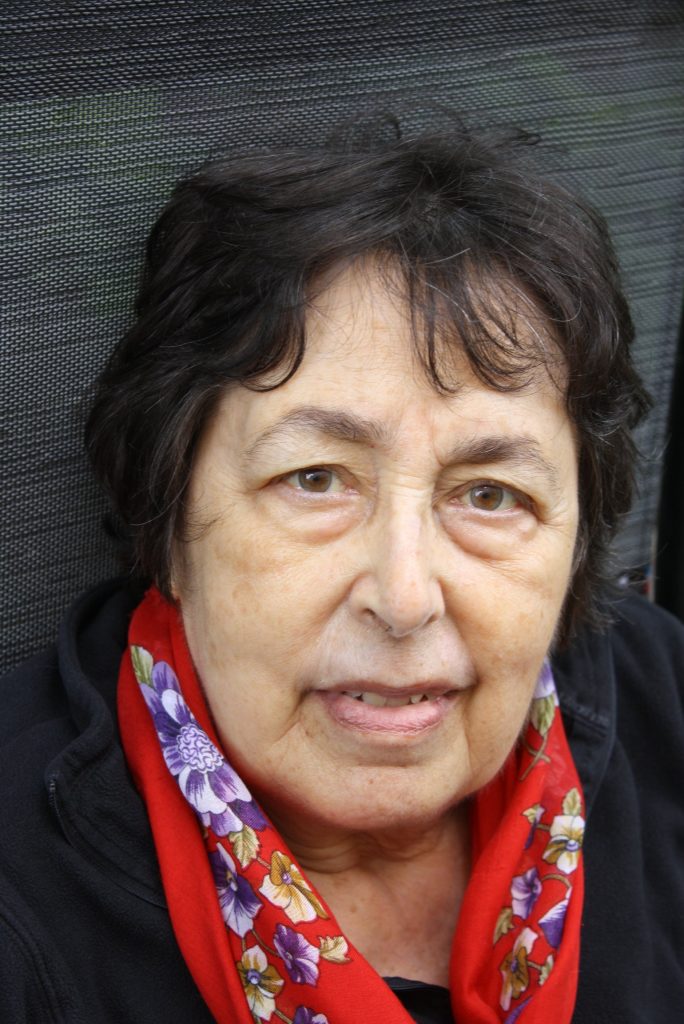
Judith Lewis Herman, MD, is Professor of Psychiatry Part Time at Harvard Medical School. For thirty years, until she retired, she was Director of Training at the Victims of Violence Program at The Cambridge Hospital, Cambridge, MA. She is the author of the award-winning books Father-Daughter Incest (Harvard University Press, 1981), and Trauma and Recovery (Basic Books, 1992). She is the recipient of numerous awards, including a Guggenheim fellowship in 1984 and the 1996 Lifetime Achievement Award from the International Society for Traumatic Stress Studies. In 2007 she was named a Distinguished Life Fellow of the American Psychiatric Association. Her new book, Truth and Repair: How Trauma Survivors Envision Justice, was published in March, 2023. She is the recipient of numerous awards, including a Guggenheim fellowship in 1984 and the 1996 Lifetime Achievement Award from the International Society for Traumatic Stress Studies. In 2007 she was named a Distinguished Life Fellow of the American Psychiatric Association. Her new book, Truth and Repair: How Trauma Survivors Envision Justice, was published in March, 2023.
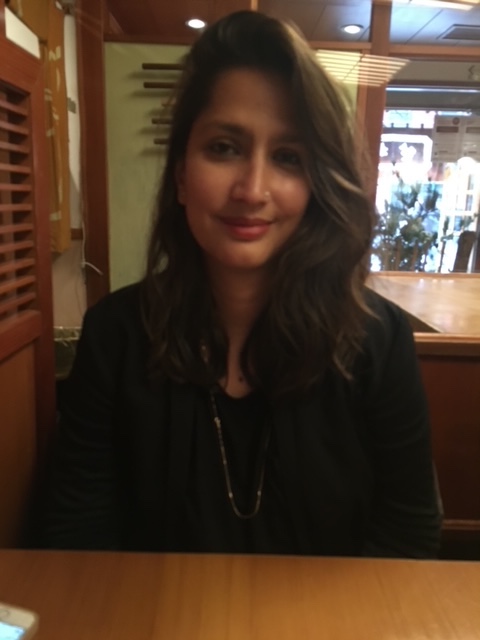
Diya Kallivayalil, PhD, is the Co-director of the Cambridge Health Alliance Asylum Program (CHAAP) and an Assistant Professor Part Time in the Department of Psychiatry at Harvard Medical School. Her clinical specialty is in the treatment of trauma-related disorders. She is a member of the task force for human rights of the American Psychological Association. She has published in the areas of complex trauma, gender-based violence, homicide bereavement and refugee health.
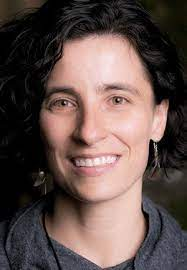
Silvia Rivera-Largacha, PhD, is Associate Professor of the Medicine Program of the Escuela de Medicina at the Universidad del Rosario (Bogotá, Colombia). Dr. Rivera-Largacha is a psychologist from the Pontificia Universidad Javeriana (PUJ) and obtained her MA in ethnology, sociology, and psychoanalysis from the University Paul Valery (Montpellier III, France) and her PhD in psychology and educational sciences from the Université Catholique de Louvain. She has taught at different universities in Colombia and France. As a clinician, she has worked on psychosocial support offered to humanitarian workers in Colombia. She is the author of various publications in indexed journals and book chapters on issues related to the subjective impact of social policies and health practice interventions in mental health.
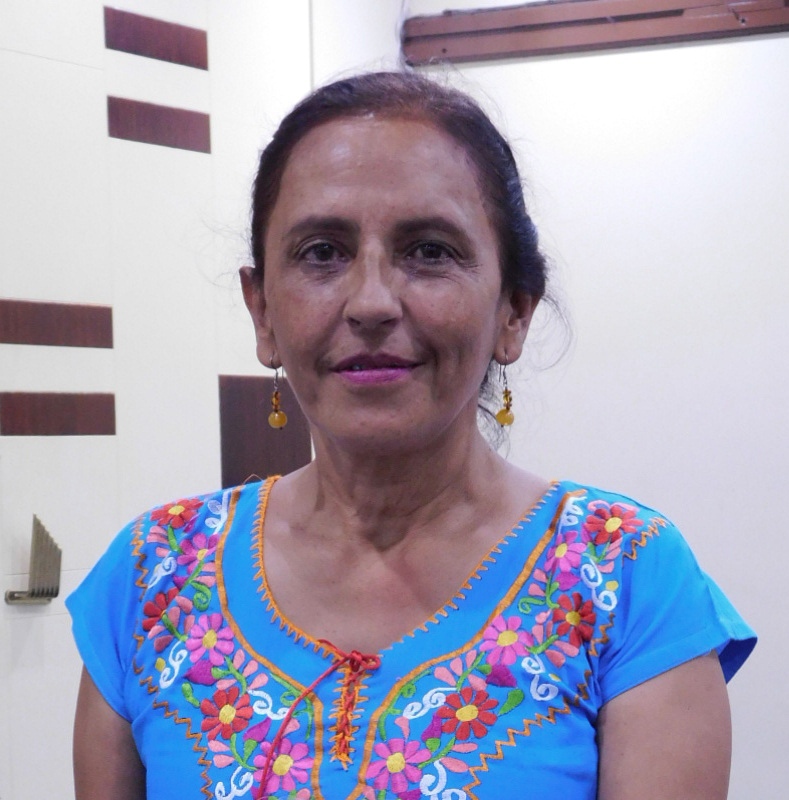
María Cecilia Sánchez, PhD, is a psychologist and writer of poetry and literary essays, born in Bogotá. She has worked in the areas of human rights (rights of children, adolescents and young people), sexual and reproductive rights, and victims of armed conflict, among other topics. She works on intercultural mental health support in the health department of Vaupés, one of the six Amazonian departments of Colombia. She has lived in Mitú for 10 years.
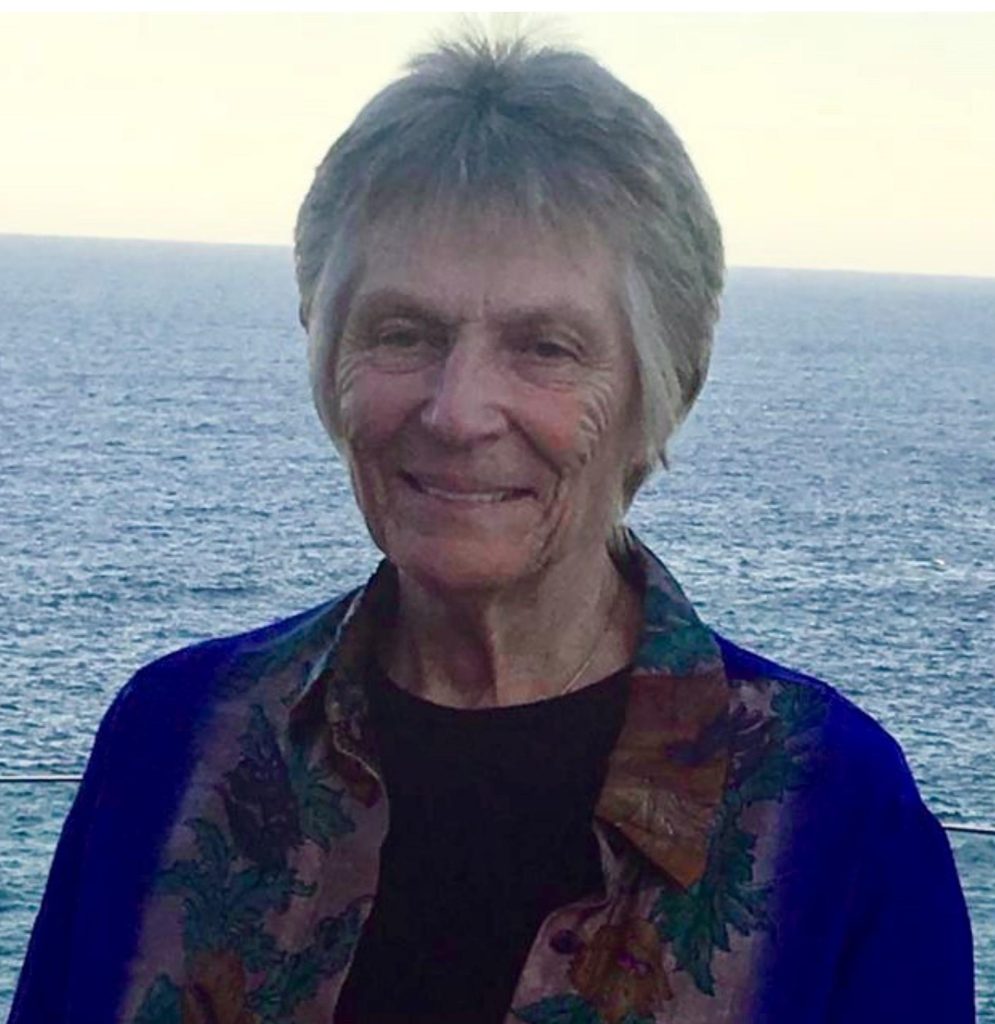
Gill Straker, PhD, is a psychoanalytic psychotherapist and supervisor in private practice, co-director of the Centre for Applied Studies in Psychotherapy and Counselling (CASPC) and is involved in several local and international training programmes. She has worked with UNHCR on programmes for refugees and survivors of torture and detention. She was involved in providing counselling services to individuals on the run from the Apartheid State and has published numerous articles in the field of continuing traumatic stress as well as articles on whiteness and race relations. She has published two books, Faces in the Revolution, co-authored with the Sanctuaries Counselling Team and the Talking Cure, co-authored with Jacqui Winship. With Rachel Burton and Andy Geeves, she has a podcast series entitled threeassociating.com adventures in relational psychoanalytic psychotherapy supervision which has an audience in over 100 countries. She currently resides in Australia but has continued her connection to South Africa where she is a visiting professor at the University of Witwatersrand. She enjoys family life, travelling, reading, biking and kayaking.
Meet our CPC Cohorts
Cohort I matriculated 2022
Yousef AlAjarma, PhD
Kateryna Bagan, MA
Bediha Ipekci, PhD
Akyla Joseph, LMHC
Marina Kasdaglis, LMHC
Jasmine A. Khubchandani, MD
Peiwei Li, PhD, HSP
Francisco Matorras, LMHC
John Meigs, PsyD, LADC
Carmen Rosa Noroña, MS. Ed, LICSW, IECMH-E®
Tracey Rosen, PhD
Stephanie Seldin, LCSW
Dean Solomon, MD
Cohort II matriculated 2023
Andrew Bush, MD
Kai da Costa, MD
Inna Goldberg, LICSW
Vanshika Jain, MA
Saeide Kaivani, PsyD
Sravanthi Kollu, PhD
Desta Lissanu, MD
John Minahan, PhD
Katherine Mulvihill, LICSW
Susannah Sherry, MD
Zsuzsanna Varhelyi, PhD, LICSW
Christian Wulff, LICSW
CPC Steering Group
Ayelet Barkai, MD
Deborah Choate, MD
Ann Epstein, MD
Diya Kallivayallil, PhD
John Meigs, PsyD, LADC
Robert Stern, MD
CPC Advisory Group
James Barron, PhD
Frances Lang, LICSW
Gil Noam, PhD
Randall Paulsen, MD
Kenneth Reich, PhD
Carol Reichenthal, PhD
Judy Yanof, MD

